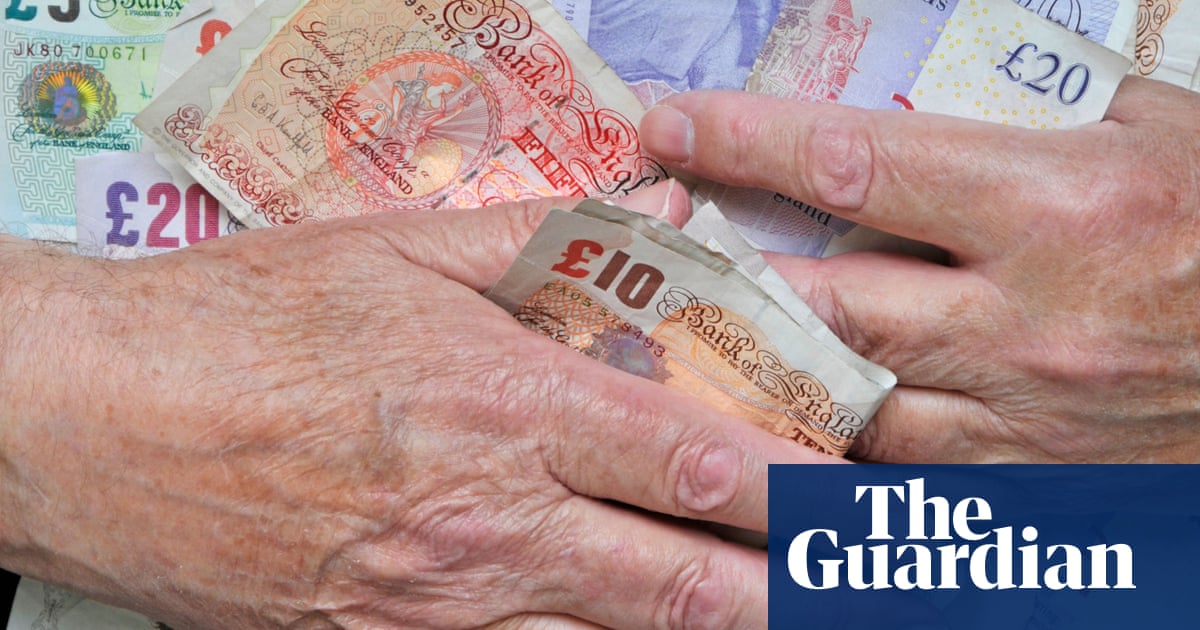Britons are hoarding physical cash amid extreme economic uncertainty and to provide a safety net for possible banking system outagessuch as the recent one in Spain, according to the Bank of England’s chief cashier.
Victoria Cleland said on Tuesday that UK households were building a cash contingency pot, much as they did during the Covid and cost of living crises.
She said the Bank had tracked a significant increase in the number of banknotes in circulation in recent months, continuing a rising trend since 2022, at a time when the volume of cash transactions has “gone down significantly”.
In comments at the Cash in the UK conference, Cleland said cash hoarding suggested households were responding to a more volatile global backdrop after the pandemic, the war in Ukraine and the trade uncertainty sparked by Donald Trump’s tariffs,Bloombergreported.
Data collected by the Bank suggests the value of banknotes in circulation has jumped 23% since before the pandemic, even at a time when the use of cash has dropped.
UK Finance datashows cash was used in just over half of all transactions in 2013 but this had collapsed to 12% by 2023 after a 7% year-on-year fall in the use of cash.
However, in the past couple of years high-street banks and building societies have reported a strong rise in demand from customers for cash.
Earlier this yearNationwide said it had seen a 10% increasein ATM withdrawals in 2024 from 2023. Britain’s biggest building society said many of its customers were using cash to help them with weekly budgeting during the period of high inflation.
Consumers in Spain and Portugal also turned to cash to buy goods during the power outage in late April that knocked out bank and payment systems, while cyber-attacks on UK businesses and organisations in recent months have undermined faith in electronic transactions.
“At a time of uncertainty, at a time of crisis, people do move to cash. They want to make sure they have literally got something under the mattress,” Cleland said. “Even in the UK, there will be times where networks are down and you can only be paying in cash.”
Cash began to decline as the favourite form of money in 2014 and by 2017Bank of England datashows debit cards had overtaken cash as the most frequently used payment method.
The trend began to reverse in 2022 as inflation began to rise after Russia’s invasion of Ukraine.
The refusal of many shops to accept notes and coins haveprompted campaigners and politiciansto call for a law forcing force retailers to accept them.
Cleland said that consumers want cash “to be there but they’re not necessarily using it”. She added that households in financial difficulties also used it for budgeting, with reports of increased use among those hit hard by high inflation.
